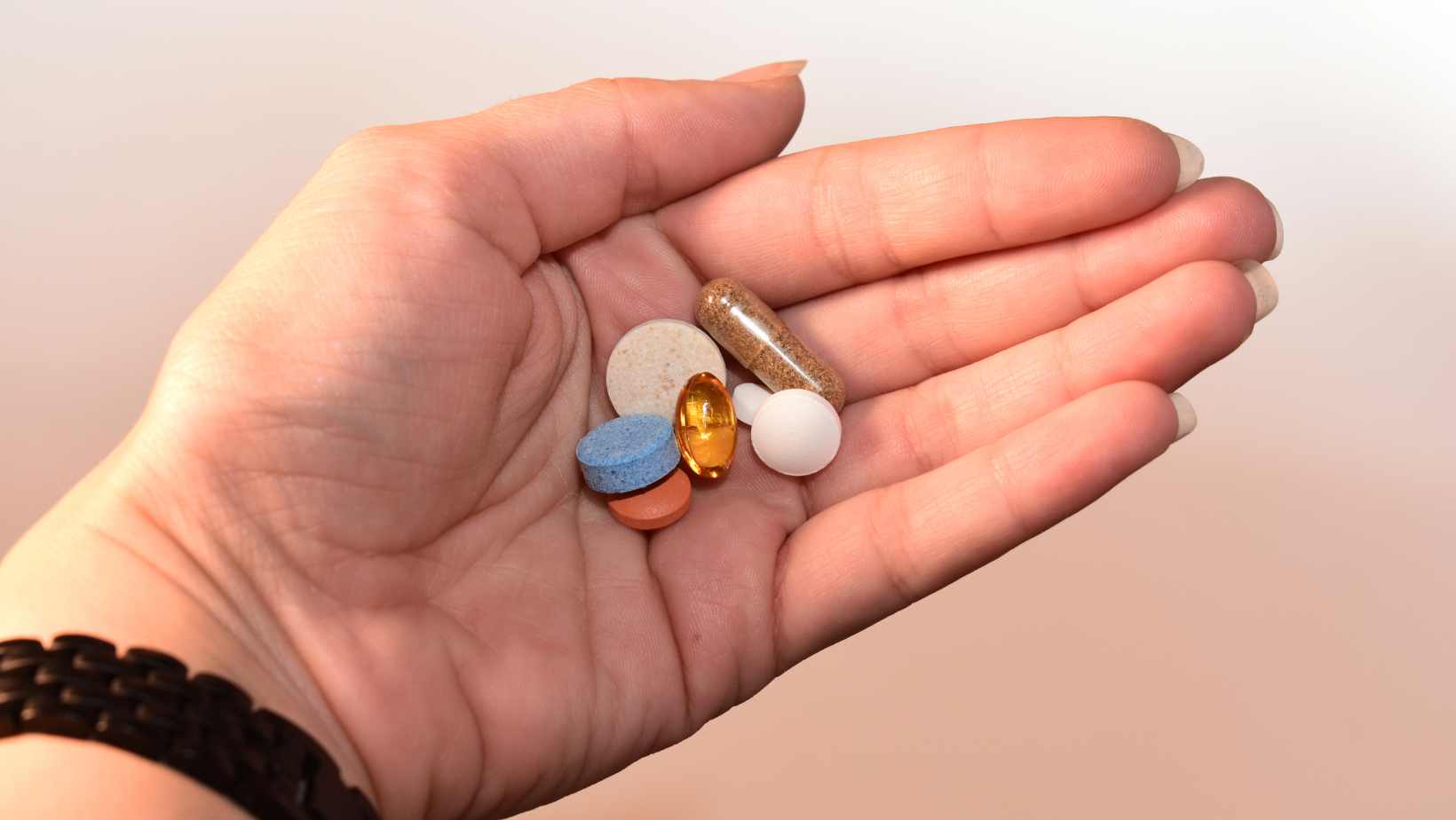
Wondering if it’s safe to take ibuprofen and Pepto-Bismol together? Well, let me shed some light on this common concern. The combination of ibuprofen and Pepto-Bismol can actually interact and potentially cause adverse effects.
Taking ibuprofen, a nonsteroidal anti-inflammatory drug (NSAID), alongside Pepto-Bismol, which contains bismuth subsalicylate, may increase the risk of gastrointestinal complications. Both medications have the potential to irritate the stomach lining and increase the chances of developing stomach ulcers or bleeding.
It’s important to note that both ibuprofen and Pepto-Bismol have their own set of benefits when used properly. Ibuprofen is commonly used for pain relief and reducing inflammation, while Pepto-Bismol is often used to treat diarrhea, upset stomach, and heartburn. However, it’s best to consult with your healthcare provider before combining these two medications to avoid any potential risks or interactions.
Can You Take Ibuprofen And Pepto-Bismol Together
Potential Risks of Combining Ibuprofen and Pepto-Bismol
When it comes to combining ibuprofen and Pepto-Bismol, there are potential risks that need to be considered. Both medications have their own set of effects and can interact with each other in the body, leading to undesirable outcomes.
One primary concern is the increased risk of gastrointestinal bleeding when taking ibuprofen and Pepto-Bismol together. Both medications can irritate the stomach lining, potentially causing ulcers or erosions. When combined, this irritation can be amplified, increasing the chances of bleeding. People who already have a history of stomach issues such as gastritis or peptic ulcers should exercise caution when considering this combination.
Understanding Drug Interactions between Ibuprofen and Pepto-Bismol
To better understand the interactions between ibuprofen and Pepto-Bismol, it’s important to know how these medications work individually. Ibuprofen is a non-prescription pain reliever and fever reducer that belongs to the NSAID class of drugs. It works by inhibiting enzymes called prostaglandins that cause inflammation in our bodies.
Pepto-Bismol, on the other hand, contains an active ingredient called bismuth subsalicylate which has both antimicrobial and antidiarrheal properties. It coats the stomach lining while also reducing inflammation in conditions like heartburn or indigestion.
Safe Alternatives to Taking Ibuprofen and Pepto-Bismol Simultaneously
Considering the potential risks associated with combining ibuprofen and Pepto-Bismol, it’s advisable to explore alternative options for your health concerns. Here are a few safe alternatives you can consider:
- Consult a healthcare professional: If you’re experiencing specific symptoms or conditions that require medication, it’s always best to consult a healthcare professional who can recommend appropriate treatment options tailored to your needs.
- Explore single-ingredient medications: Instead of taking both ibuprofen and Pepto-Bismol together, you may opt for single-ingredient medications that target your specific symptoms. For example, if you have an upset stomach, you could try antacids or acid reducers instead of Pepto-Bismol.
- Consider natural remedies: In some cases, natural remedies can provide relief without the need for medication. Ginger tea or chamomile tea may help calm an upset stomach, while applying a cold compress or taking rest can ease muscle pain.
Understanding The Mechanisms of Ibuprofen And Pepto-Bismol
When it comes to combining medications, it’s important to consider how they interact with each other. One common question that arises is whether it’s safe to take ibuprofen and Pepto-Bismol together. To shed some light on this topic, let’s delve into the mechanisms of these two medications.
- Ibuprofen:
- Ibuprofen is a nonsteroidal anti-inflammatory drug (NSAID) commonly used for pain relief, reducing inflammation, and lowering fever.
- It works by inhibiting the production of prostaglandins, which are substances in the body responsible for causing pain and inflammation.
- As a result, ibuprofen can help alleviate symptoms associated with headaches, menstrual cramps, muscle aches, arthritis, and more.
- Pepto-Bismol:
- Pepto-Bismol is an over-the-counter medication primarily used to relieve digestive issues such as heartburn, indigestion, upset stomach, nausea, and diarrhea.
- The active ingredient in Pepto-Bismol is bismuth subsalicylate.
- Bismuth subsalicylate forms a protective coating on irritated stomach lining and helps reduce inflammation in the digestive tract.
Now that we understand how these medications work individually let’s explore whether it is safe to take them together.
Can you take ibuprofen and Pepto-Bismol together?
While there isn’t a significant risk when taking occasional doses of both medications concurrently for short periods of time when needed (under doctor or pharmacist supervision), prolonged or frequent use may increase the chances of adverse effects such as stomach irritation or bleeding. It’s always best to consult your healthcare provider before combining any medications.
In summary:
- Ibuprofen is an NSAID used for pain relief and reducing inflammation.
- Pepto-Bismol relieves digestive issues and contains bismuth subsalicylate.
- Taking occasional doses of both medications together may be safe, but prolonged or frequent use should be done under medical supervision.
Remember, it’s crucial to consult with your healthcare provider or pharmacist before combining any medications to ensure they are safe for you based on your individual health condition and medical history.











